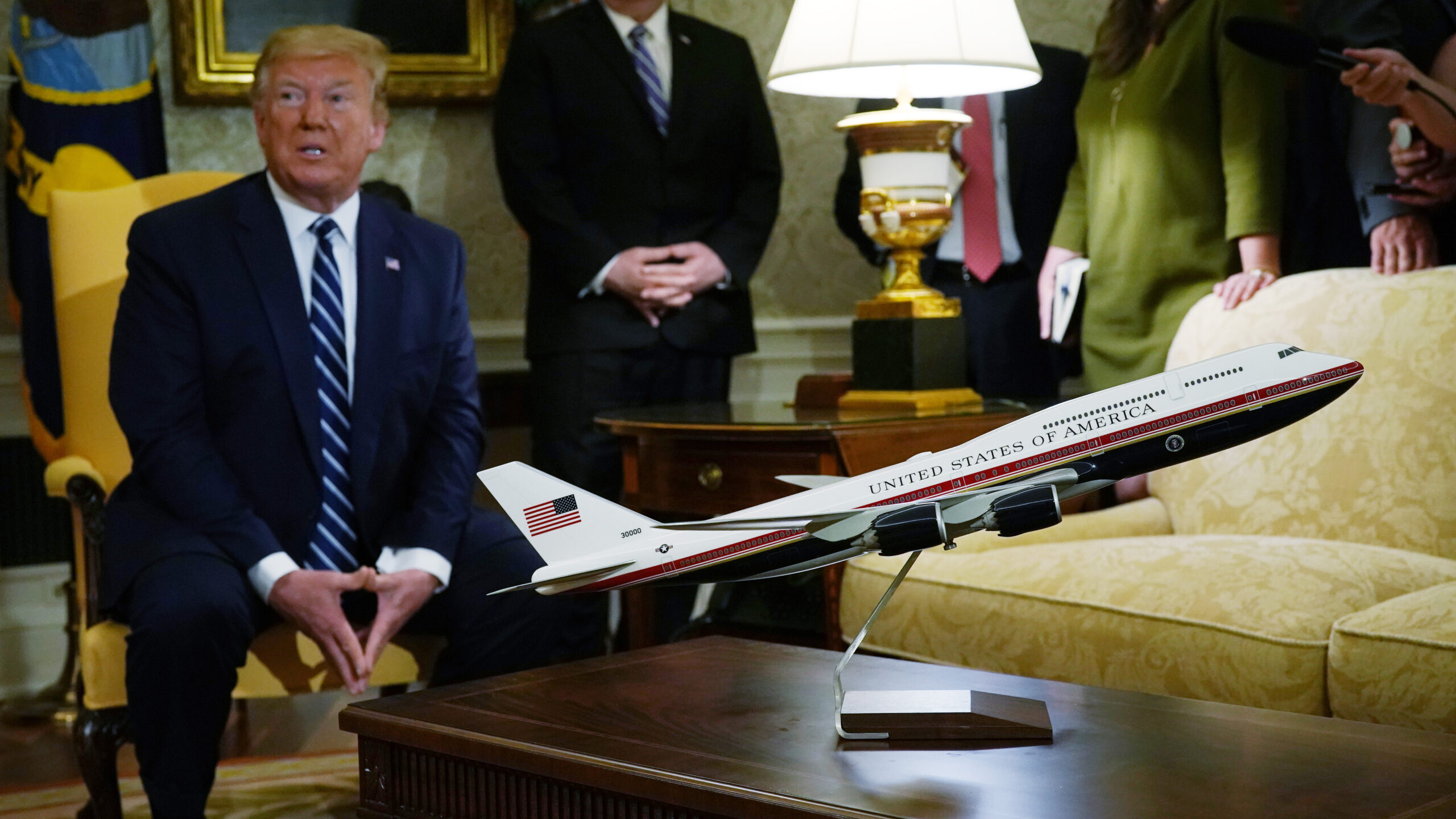Despite missing ships in base budget, SECNAV ‘not worried’ about demand signal
“I have more ships than our shipyards can handle for the next 10 years, whether it’s a destroyer, whether it’s a tanker, whether it’s an oiler, whether it’s a submarine. So, I am not worried about the demand signal we have,” Navy Secretary John Phelan told House lawmakers.


The Arleigh Burke-class guided-missile destroyer USS Gravely (DDG 107) moored at Naval Weapons Station Yorktown prior to getting underway for a scheduled employment to the U.S. Northern Command area of responsibility. (US Navy photo by Mass Communication Specialist 1st Class Ryan Williams)
WASHINGTON — Navy Secretary John Phelan today sought to reassure lawmakers about potential adverse effects of the president’s fiscal year 2026 budget request reportedly not seeking any Arleigh Burke-class destroyers (DDGs) in the base budget.
“I have more ships than our shipyards can handle for the next 10 years, whether it’s a destroyer, whether it’s a tanker, whether it’s an oiler, whether it’s a submarine. So, I am not worried about the demand signal we have,” the secretary told House lawmakers while testifying alongside acting Chief of Naval Operations Adm. Jim Kilby and Marine Corps Commandant Gen. Eric Smith.
“It is getting those workers and getting them trained … I think it’s [incentivizing] the private sector to help us as well. So, this is as I said, it’s really going to be a whole-of-government approach.”
Phelan’s remarks were in response to questions from Rep. Jared Golden, D-Maine, whose constituents include shipbuilders that work at General Dynamics Bath Iron Works, one of the Navy’s two prime contractors for destroyers. HII’s Ingalls Shipbuilding in Pascagoula, Miss., is the service’s other shipbuilder.
Golden noted that the reconciliation bills working their way through the House and Senate include two DDGs, but those ships were intended to supplement a steady base budget request of two ships per year in future years.
The White House has not released its full budget request for FY26 yet, but lawmakers this week have sporadically revealed information they’ve received about the new budget while hearing testimony from senior Pentagon brass. Phelan declined to speak directly to the shipbuilding account’s budget request, except to say it “will fare quite well.”
Ostensibly unsatisfied with Phelan’s response, Golden said the Navy must provide “consistency” if it expects industry to achieve the Pentagon’s desired production cadence.
“What I’m speaking to is a consistent concern that has been raised that these two yards get to a 1.5 ship-per-year production rate when you’re not actually then demanding that rate, which will inevitably lead to ups and downs, to bathtubs in the workforce, where you are hiring people, training people, and then laying people off,” Golden said.
On Tuesday, Sen. Roger Wicker, R-Miss., brought up the same concern in a Senate hearing with Phelan. While he didn’t ask the secretary to respond directly to that issue, he did accuse the White House of trying to “game the budget” by not requesting certain ships in the base budget while relying on additional funding to come from reconciliation.
Reconciliation funding, he added, “were intended as supplemental, not a substitute.”
















































































































































![The F-35’s future: What new weapons, systems are coming to the stealth fighter? [Video]](https://breakingdefense.com/wp-content/uploads/sites/3/2024/09/8603513-scaled-e1725629281248.jpg?#)




